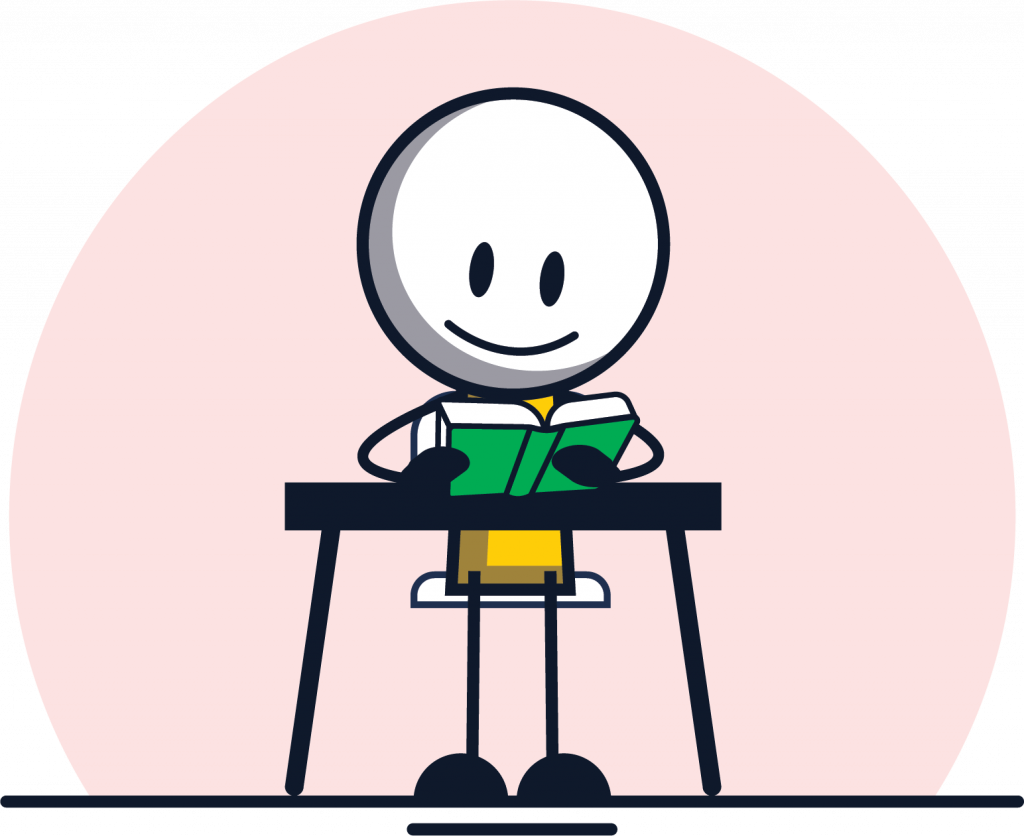Book Week 2025

Below is a free resource designed to align with the 2025 Australian Book Week theme, “Book an Adventure.”
What Is It?
Book Week is Australia’s annual celebration of reading and children’s literature, running from 16 to 23 August. The 2025 theme, “Book an Adventure!”, encourages kids to explore new worlds through stories. This year also marks 80 years of Children’s Book Week inspiring young readers!
Our free PEEC Book Week resource features picture books from the Notable Australian Children’s Books 2024 list. It helps you find great stories to share, explains how the theme relates to Positive Education, and provides questions to spark fun conversations about the books and their themes. Feel free to share this with teachers at other schools too, as you don’t need a login to access this resource.
How does this theme relate to Positive Education?
1. Adventure as Positive Engagement & Flow
Positive Education emphasises engagement, that flow state when we’re fully absorbed in a meaningful activity.
The “Book an Adventure!” theme invites children to dive into imaginative journeys through storytelling, capturing that magical absorption in reading. In adventure stories, young readers often experience complete immersion, an ideal parallel to the Positive Education aim of fostering deep engagement and curiosity.
2. Building Positive Emotions & Wellbeing
Positive Education fosters positive emotions (like joy, hope, and gratitude) through intentional learning and wellbeing practices.
Adventure reading ignites wonder, excitement, and hope, nourishing those emotions. It encourages exploration and resilience; emotional states that are also nurtured in Positive Education’s holistic wellbeing model.
3. Fostering Character Strengths & Purpose
Central to Positive Education is identifying and cultivating character strengths like courage, curiosity, kindness, and perseverance. The CBCA’s theme embodies these traits: adventurers face unknowns bravely, show curiosity for new worlds, and learn to persist through challenges.
This mirrors the PERMA(H) model (Positive Emotions, Engagement, Relationships, Meaning, Achievement, and Health), particularly Purpose and Accomplishment, as children see themselves overcoming challenges alongside story protagonists.
4. Strengthening Positive Relationships
The Geelong Grammar School model for Positive Education highlights the importance of positive relationships, through sharing, collaboration, and empathy.
Adventure books often involve teamwork or building bonds between characters. Sharing stories (through classroom readalouds, book clubs, or dressing up) encourages students to connect over shared enthusiasm, fostering communal engagement and social wellbeing.
5. Accomplishment & Growth Through Narrative
The six pillars of Positive Education include Accomplishment—developing skills, mastery, and confidence.
Adventure narratives often feature quests or challenges that characters must overcome, modeling perseverance, problem-solving, and eventual success. Children vicariously celebrate those milestones, and may be inspired to undertake their own “quests” (whether creative, academic, or personal) throughout the Book Week activities.
6. Adventure as Exploration & Growth
Reading adventures opens doors to exploration of geography, ideas, history, and perspectives. Positive Education encourages exploration of one’s own purpose and the wider world.
Just as Positive Education supports students to connect with meaning beyond themselves, this theme encourages reading across diverse landscapes – emotional, imaginative, and cultural.
Why It All Comes Together
“Book an Adventure!” acts as a launchpad for emotional richness, character development, social connection, and engaged learning…all pillars of Positive Education.
It invites children not just to passively consume a story, but to live it: to imagine themselves as explorers, collaborators, problem‑solvers, and empathetic companions.
The CBCA’s 80‑year legacy of celebrating stories ties in with Positive Education’s emphasis on embedded, school‑wide positive cultures. Stories become tools for connection, resilience, and flourishing.
Practical Connections for Schools
• Read-Aloud Adventures: Teachers can draw connections between story events and elements of the PERMA(H) model. E.g., “When the hero faces fear, what strengths are they using?”
• Creativity & Growth Missions: Encourage students to write their own mini-adventure, highlighting a character strength or collaborative effort.
• Adventurer’s Reflection: Use journaling to link reading journeys with students’ real-life experiences. What challenges have they overcome? What character strengths did they use?
To learn more about PEEC, or any of our other resources, please contact: institutecurriculum@ggs.vic.edu.au.
